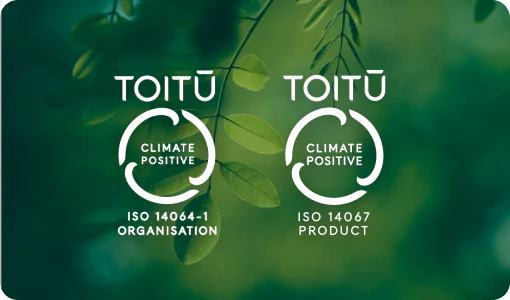Psychology and climate change inaction: Why we resist change
19/08/2020

It has been incredible to see how swiftly nations leapt to action in the face of the COVID-19 crisis. Governments shut down everything from borders to their own economies in a race to prevent the spread of the virus. People around the globe have been cooped up, either by law or by their own accord, and are actively practicing social distancing. There are of course nations that did not act quickly and people who are resisting the changes, but by and large, people are coming together to protect themselves and each other from this global threat.
For climate change advocates, this has been encouraging. We’ve seen what it looks like for streets to become car-free, for global emission levels to rapidly drop and for politicians and the public to come together effectively to make immediate changes.
As encouraging as this is, it’s also irritating. What about the global threat of climate change? Why can’t we come together for that large, looming threat? Why do people continue to discuss and argue instead of leaping into action?
The reason? Psychology. Research has suggested that there are five features of human psychology that lead to inaction in the face of climate change.
Personal experience: People are good at responding to personal experience. If they are directly impacted by something, a response will be forthcoming. This presents a problem for climate change engagement because its proof is in rooted abstract analysis, not in personal experience. Even if someone acknowledges the threat of climate change, they may not act because of its vague, intangible nature.
Personal efficacy: Reversing climate change can feel like an impossibly huge task to approach, particularly as an individual. Without a clear path to success, individuals feel despair or hopelessness. When people can’t see the efficacy of their personal efforts, they may ignore a crisis instead of act.
Immediate vs distant: We have an easier time grappling with immediate consequences than distant and uncertain consequences. For example, studies have shown that pregnant women are the demographic most likely to immediately, suddenly give up smoking. Researchers speculate that the immediate consequences to the fetus are easier to grasp, acknowledge and act on than the vague, distant consequences of longer-term health implications. Since climate change has distant, uncertain consequences, it’s harder for humans to prioritise.
Loss vs gain: Interestingly, our minds are happy to accept some risk of future loss. This means that when climate change conversations revolve around loss, it doesn’t really hit home. We are more responsive to the potential of future gain. When the gains of reversing climate change are highlighted, people are more willing to do something.
Intrinsic and extrinsic motivation: Research suggests that paying people to care for the environment (extrinsic rewards) is largely ineffective. It only works if it also appeals to some personal (intrinsic) motivation. This means that subsidies and monetary rewards that are supposed to promote climate change mitigation are not nearly as effective as appealing to intrinsic motivation.
Climate change is often talked about in abstract terms taking place in a distant space and time with an uncertain associated cost that requires external incentives to spur movement. These factors, and the way it is incentivised and talked about, rub our psychology the wrong way, making it difficult for people to act. Because of this, researchers, science communicators and politicians need to find ways to highlight the tangible, immediate consequences of climate change and give people concrete, manageable ways to boost our personal efficacy. This will do wonders for our psychological engagement with climate change and, hopefully, lead to the changes we so desperately need.







